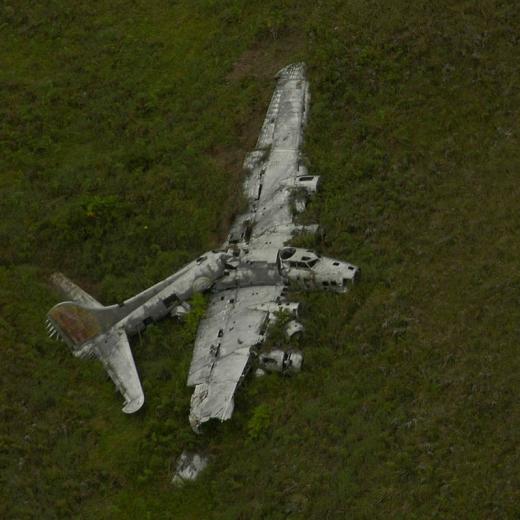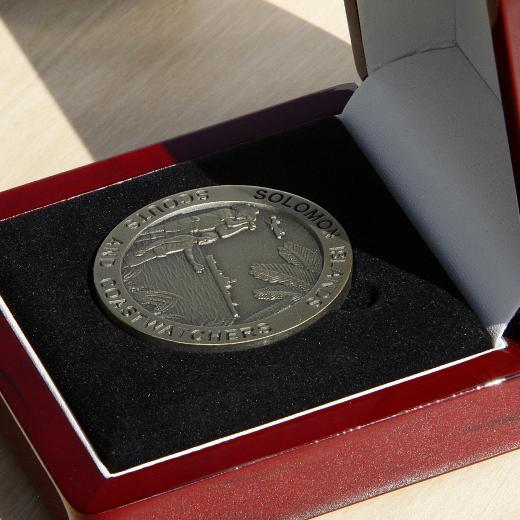BLUF
During WW1, the Russian Tsar, Nicholas, despite having no military experience, took over direct control of the Russian army—the Russian army was badly defeated by Germany, which resulted in revolution, the murder of the Tsar and his family, and the forming of the Soviet Union.Summary
This article by Jennifer Llewellyn et al. from alpha history makes the following points:
- In 1914, Russia relied on foreign investment and couldn’t compete with German industry.
- Industrial unrest and anti-government feeling were running high.
- Russian Tsar Nicholas II and the German Kaiser Wilhelm II were cousins.
- Nicholas thought this personal link would prevent war.
- The alliance system drew Russia, like many other countries, into WW1.
- Russia entered the war in support of Serbia.
- Initially, war patriotism reduced anti-government feelings.
- Unsurprisingly, poorly equipped and poor leadership resulted in Russian defeat.
- Many troops lacked boots, bedding, ammunition and weapons.
- Their officers told those without a rifle to get a rifle from dead Russian soldiers—which was not good for morale.
- Russia had no real military strategy.
- By autumn 1915, around 800,000 Russian soldiers had died without gaining any territory.
- By mid-1916, inflation, poor infrastructure and food and fuel shortages were wrecking the economy.
- Tsar Nicholas abdicated in March 1917.
- In 1918 the Tsar and his family were murdered.
- The new Bolshevik government signed a peace treaty with Germany in March 1918.
References
- MILITARY HISTORY: INDEX of PAGES AND COLLECTIONS ON THE RAAF RUNWAY
- WW1-Russia - Encyclopaedia of Marxism
- Russia Quits the War - Facing History and Ourselves
- MAY 2015 Russia and World War One - History Learning Site
- MAR 2019 Russia in the Great War: Mobilisation, grain, and revolution - VOX eu
Source Information: alpha history
- Article Source: alpha history
- Media Check: About alpha history
- RAAF RUNWAY: RATIONALE, GUIDELINES, LEARNING OUTCOMES, ETC |





